搜索结果: 'methocult media formulations for mouse hematopoietic cells serum containing'
-
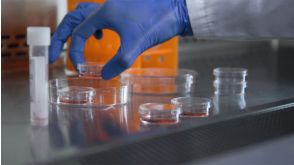 10:25
CFU Assay Instructions for Global Proficiency Testing Programs
10:25
CFU Assay Instructions for Global Proficiency Testing Programs产品类型:
产品号#:
00650
00651
产品名:
人骨髓质量控制试剂盒
人脐带血质量控制试剂盒
发布日期: 2/14/17 -
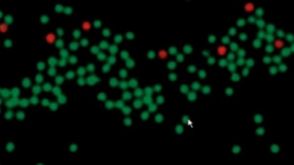 26:43
Cell Separation Solutions for HLA and Chimerism Analysis
26:43
Cell Separation Solutions for HLA and Chimerism Analysis产品类型:
产品号#:
17855
17855RF
19961HLA
19961HLARF
19655
19655RF
产品名:
EasySep™人CD56正选试剂盒 II
RoboSep™ 人CD56正选试剂盒 II
EasySep™ HLA总淋巴细胞富集: 用于处理全血的完全试剂盒
RoboSep™ HLA总淋巴细胞富集: 用于处理全血的全套试剂盒含滤芯吸头
EasySep™ Direct人总淋巴细胞分选试剂盒
RoboSep™ Direct人总淋巴细胞分选试剂盒
发布日期: 11/18/09 -
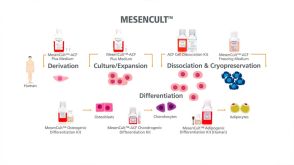 1:51
MesenCult™ for Mesenchymal Stromal Cell Derivation, Culture & Differentiation
1:51
MesenCult™ for Mesenchymal Stromal Cell Derivation, Culture & Differentiation产品类型:
产品号#:
05455
05490
05439
05465
05445
05448
产品名:
MesenCult™-ACF软骨细胞分化试剂盒
MesenCult™-ACF冻存液
MesenCult™-hPL 培养基试剂盒
MesenCult™ 成骨细胞分化试剂盒 (人)
MesenCult™-ACF Plus培养基
MesenCult™-ACF Plus培养试剂盒
发布日期: 4/9/19 -
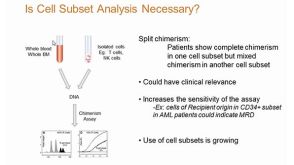 56:02
Fully Automated Cell Separation for Chimerism Analysis with RoboSep™
56:02
Fully Automated Cell Separation for Chimerism Analysis with RoboSep™产品类型:
产品号#:
23000
23101
23102
23103
20125
21000
20155
20119
17881
17881RF
17884
17884RF
17875
17875RF
17871
17871RF
17874
17874RF
产品名:
RoboSep™-16
RoboSep™-16导电滤芯吸头, 无菌
RoboSep™-16导电滤芯吸头
RoboSep™-16垃圾袋, 每包100个
RoboSep™过滤头
RoboSep™- S
RoboSep™分选试管套装(9个塑料管+吸头保护器)
RoboSep™ 吸头组件抛光剂
EasySep™ HLA嵌合全血CD15正选试剂盒
RoboSep™ HLA嵌合全血CD15正选试剂盒
EasySep™ HLA嵌合全血髓系正选试剂盒
RoboSep™ HLA嵌合全血髓系正选试剂盒
EasySep™HLA嵌合白膜层(buffy coat)CD56 正选试剂盒
RoboSep™ HLA嵌合白膜层(buffy coat)CD56 正选试剂盒
EasySep™ HLA嵌合全血CD3正选试剂盒
RoboSep™ HLA嵌合全血CD3正选试剂盒
EasySep™ HLA嵌合全血CD19正选试剂盒
RoboSep™ HLA嵌合全血CD19正选试剂盒
发布日期: 2/8/11 -
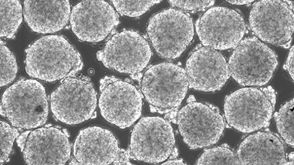 24:10
AggreWell™ - A New Technology for Uniform Embryoid Bodies
24:10
AggreWell™ - A New Technology for Uniform Embryoid Bodies产品类型:
产品号#:
05893
34811
34815
34850
产品名:
AggreWell™ EB形成培养基
AggreWell™ 800 24孔板,1个
AggreWell™ 800 24孔板,5个
AggreWell™ 800 24孔板启动套装
发布日期: 6/19/09 -
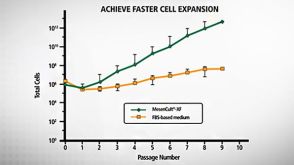 1:44
MesenCult™-XF Introduction: A Defined, Xeno-free Medium for Human MSCs
1:44
MesenCult™-XF Introduction: A Defined, Xeno-free Medium for Human MSCs产品类型:
产品号#:
05426
产品名:
无动物成分的细胞解离试剂盒
发布日期: 11/9/09


 EasySep™小鼠TIL(CD45)正选试剂盒
EasySep™小鼠TIL(CD45)正选试剂盒
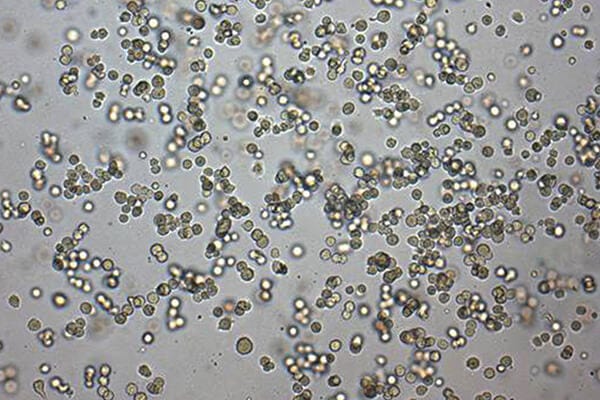
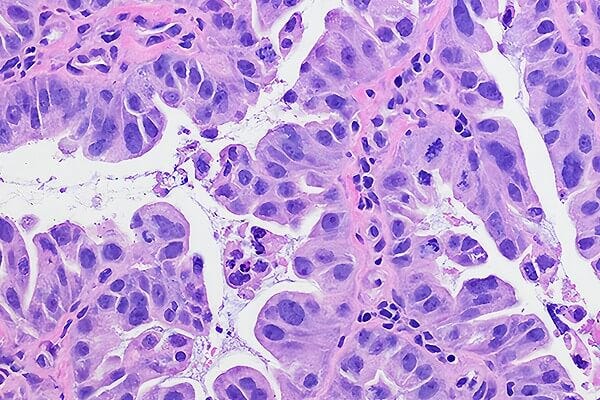






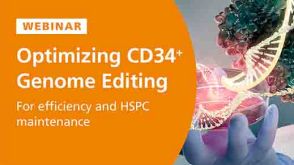


 沪公网安备31010102008431号
沪公网安备31010102008431号